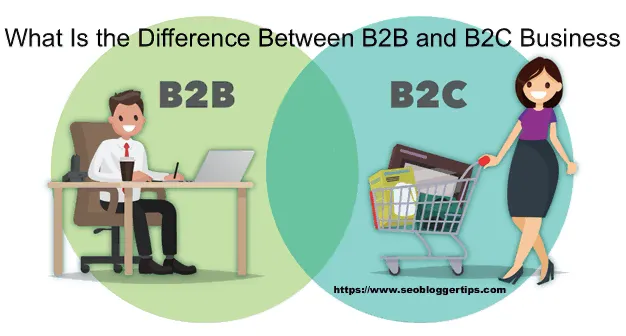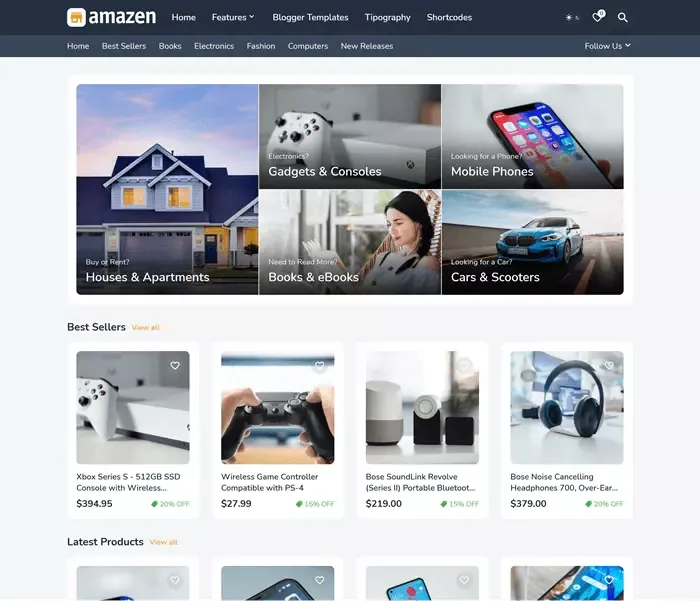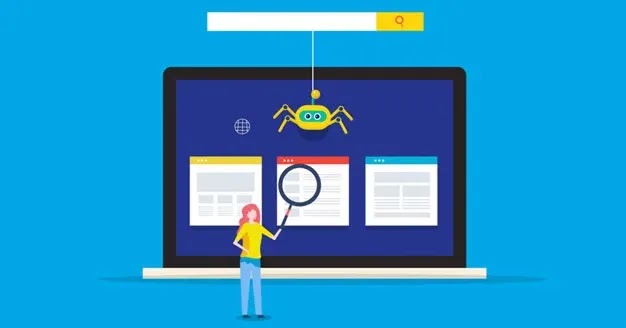What Is the Difference Between B2B and B2C Business
When we talk about the difference Between B2B and B2C businesses, what we need to pay special attention to is the environment in which the exchange takes place. One of the ways to exchange is with other business users, and it is called B2B business. The second type of exchange is B2C business, which relates to exchange between individuals or households.
Differences between B2B and B2C
Before we get into this, it's vital to understand the differences
between B2B and B2C.
B2B stands for
business-to-business. These are companies that primarily do business
with other companies or organizations. That is, they sell products or services
to the decision-maker or decision-makers in the company.
B2C or business-to-consumer means a company that sells products
and services directly to consumers. Restaurants, travel agencies, beauty
salons, and retail facilities are just some of the examples of B2C
business.
One example of a successful B2B and B2C company is
Amazon. This company has been building its place in the B2C business for
years, offering a wide range of products.
In addition to doing
business in a B2C environment, Amazon is building its place in the B2B world
through Amazon Business, an online platform for business clients.
Understanding the differences between these two ways of doing business can
significantly improve your business. Below we look at some of the differences
between B2B and B2C businesses.
1. Targeting your target audience
One of the fundamental and most important differences between these two
forms of business is the target audience. As we mentioned, B2C companies serve
end-users, i.e. consumers. On the other hand, B2-B companies sell their
products and services to other companies.
In several previous
texts, we talked about the importance of knowing your target audience. If you
are interested in this topic, in the text, you can read more on: Buyer persona - Get to Know Your Customers.
And what does the market that should target a B2B or B2C company look
like?
B2B companies usually operate in a specific niche market. Focus
on a specific niche in the market is needed for a successful business in this
market segment. To get to know this target group well and have close
relationships with them.
B2C companies operate in a large market.
As we said, the target audience of B2C companies are individuals, but they can
also be households. Consumers who buy products or services for personal use.
Consumers are ordinary people who fall into different market segments.
2. Logic and emotion
B2B and B2C companies tell their story in two different ways. Wondering
why?
B2B business is more logic-oriented. When buying, rational
motives are more common than emotional ones. Decision-makers in companies,
representing those with whom B2B companies do business, are interested in the
product/service itself, its characteristics, and how that product or service
can help their organization.
Of course, we cannot say that there
are no emotions in this form of business, but they are much less involved than
when it comes to B2C business.
On the other hand, in the B2C
business, the emotional aspect of buying a product/service is much more
pronounced with consumers. When B2C marketers need to tell a story about a
product or service, it is advisable to use simpler language and not make the
story long and boring. What you should emphasize is the value and benefits of
a given product or service.
3. Decision-making process
Making a purchase decision is also different in these two forms of
business. It is not the same when you purchase a specific product for your own
needs or the needs of your company. Your criteria when buying are not the same
you do not have the same emotions or motives for buying.
In a
B2B environment, a purchase decision can be made by one person or a
group of people who are in charge of making a purchase decision in a company.
When it comes to a micro or small business, the decision to buy is almost
always made by the business owner.
On the other hand, when it comes
to medium and large companies, the decision to buy is made by a group of
people from different functions and sectors of the company. They are all
interested in specifications and product performance. They want to be educated
about the product.
Purchasing in this environment will not affect
as in the B2C environment only one person or members of one family here the
purchase affects all employees in the company.
In addition, the
money involved is significantly higher than for personal purchases. All this
further complicates the decision-making process, increases the risk of buying,
and takes time to make a decision.
In B2C business, shopping
is much faster. Here, the buyer is a person who procures a specific product or
service for his own needs and most often depends on that person's emotions.
The purchase decision is made much faster than in B2B business.
The
consumer researches the product finds what he is looking for and makes a
purchase. This is the case when it comes to lower-value products. When it
comes to buying high-value products, such as cars or apartments, the buying
process is not the same. In that situation, the buying process can take weeks
or even months.
4. Branding
Branding is essential in marketing because it allows a company to
accurately convey a message create loyalty with the customer, confirm
credibility, emotionally connect with the customer, and motivate the customer
to buy.
Returning to the importance of knowing your target group
and building relationships with them, we can see another reason why it is so
important. Being able to tailor your brand to your target audience will help
you identify the brand.
In B2C business, it is much harder to
achieve brand loyalty, and this is one of the business priorities. The market
in which you operate as a B2C company is much larger, consumers have many
choices available, and the connection between you and consumers is minimally
active. With all this in mind, you need to know how to create a lasting memory
and quality experience for the customer to make sure they come back.
When
it comes to branding, B2B companies prioritize a process known as
lead generation. On the other hand, B2C companies have a priority to
increase brand awareness to sell products.
5. Content marketing strategy
When creating marketing content, it is essential to know who that
content is intended for, that is, who our target group is. As the target
groups in B2B and B2C business and how they differ, we can conclude that the
content itself in these two types of business differs.
B2B
customers (or decision-makers) expect to be treated well. They want to be very
well informed about the product/service so that they can make great decisions
on behalf of their organizations, and that is where marketing content comes to
the fore.
Marketing content created in B2B business must be
educational, clear, and contain all the necessary information about the
product/service.
The fact that 89% of all B2B marketing strategies
are content speaks volumes about how important content marketing is in B2B
business.
Consumers in B2C businesses also love content. However,
they want something sonorous, that resonates. They want content that "speaks"
their language, not necessarily something that has to do with the product.
Marketing content in a B2C environment must arouse some emotion in the
consumer.
Share this Image On Your Site
Conclusion
As consumers, we are aware that the criteria and the way of the buying
process are not the same when we buy for our personal needs and when we buy
within the business. Therefore, we are aware that consumer-oriented and
company-oriented businesses are different.
Understanding the
differences between B2B and B2C can help you improve your business, create
successful marketing strategies, and ultimately achieve better business
results.
With all that said, also keep in mind that there are many
similarities between B2B and B2C. Whether you are in a B2B or
B2C business, the ultimate goal of any company is to make a profit. In
addition, you sell to companies in one and sell to consumers in the other.
At the end of the day in any case you are still selling to people,
so keep in mind that the essence is in understanding the target audience and
what they need.








